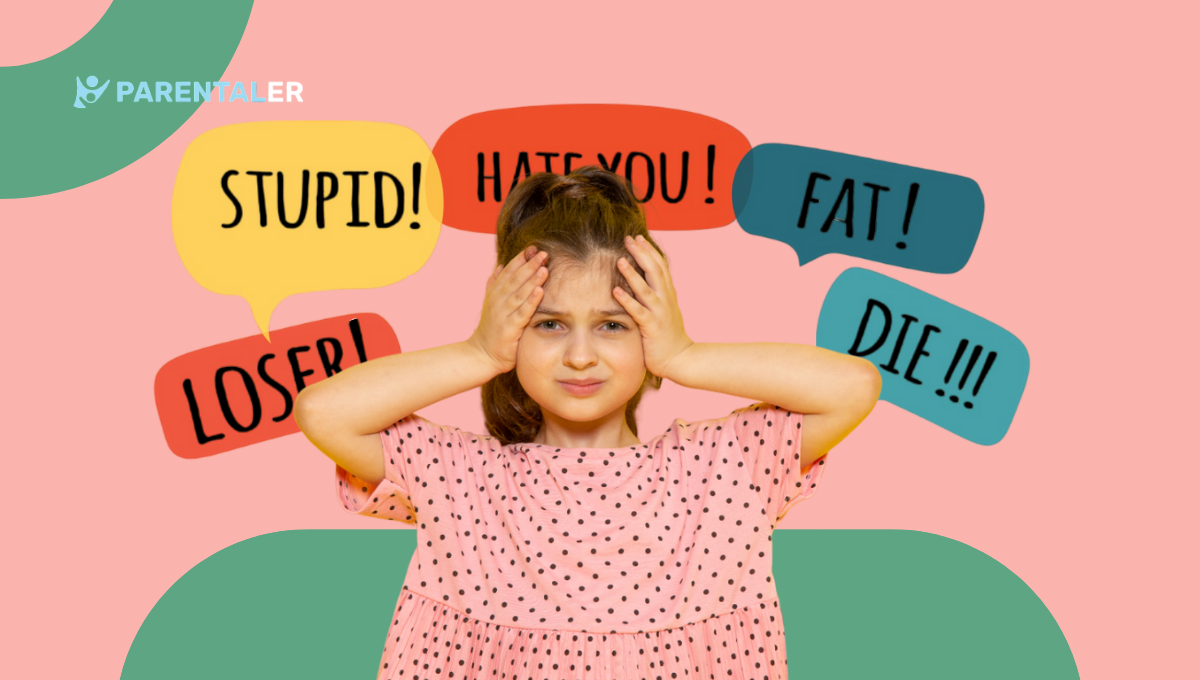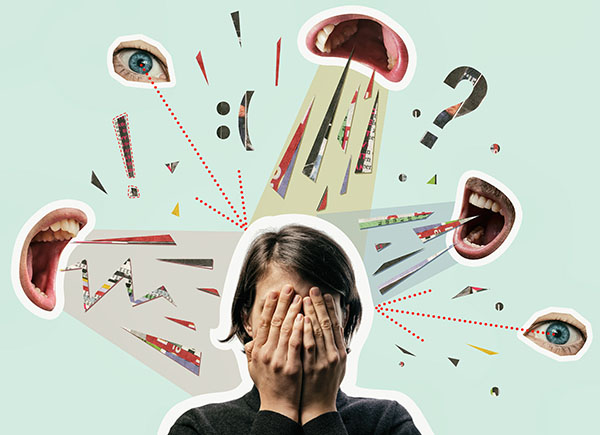

The recent news about the shooting in North Carolina, where the alleged murderer, Tailei Qi, killed one of the faculty members, has brought a bullying issue to light again. Though the police didn’t officially announce the motive, Joe Killah, the reporter of NC Newsline, has found a possible explanation by looking into Qi’s social media.
On 1 August 2022, Qi tweeted: “Bully in America seems to be a problem. It often comes with people not stopping them at the first time. Explanation is not a solution but makes them feel others will plead them every time they raise a problem, making them voyeur to find an excuse days and night.”
Qi apparently had been dealing with the long-standing tension in his study group that the university authorities didn’t address. The fatal decision to start shooting in Carolina he eventually took made us question the anti-bullying measures adopted by educational institutions. Our research, based on interviews with the real victims of bullying, has revealed a worrisome tendency.
How Common Is Bullying? Background of The Study

The recent stats indicate that 20% of American students were bullied in 2019. But how many of them found justice? After reading reports about Chapel Hill shooting, we’ve come up with a brief questionnaire to assess whether bullying is often overlooked in educational institutions.
The independent respondents who went through physical and psychological abuse during school years answered two questions:
1. Have you ever experienced bullying?
2. Were your bullies ever held accountable for their actions?
Centers for Disease Control and Prevention (CDC) reports that bullying increases the risk of depression, anxiety, and other mental illnesses. Even memories about past incidents can lead to stress reactions, such as nightmares about being shot and killed. To mitigate the risks of retraumatizing, we asked survey participants not to share the details of their personal experiences.
Bullying increases the risk of depression, anxiety, and other mental illnesses. (CDC, 2019)
Some of the respondents, however, insisted on sharing their stories in hopes that their first-hand experience would draw more attention to the research.
Bullying Survivors Speak Out the Truth
Although tragedies like the Chater Hill muder shatter our sense of safety, they raise awareness about global bullying issues. We already know how often bullying occurs and what health problems it causes, but do the perpetrators face any repercussions? The stories below make us all reflect on the real punishment bullies get (or don’t) for their actions.
Unpunished Violence Has a Psychological Impact
- Respondent – Mark Twain
- Head of Marketing at Lonelyaxe
- Highlight – “My bullies were never officially punished for their actions.”
As a child growing up in the United States, I experienced bullying firsthand.
My bullies were never officially punished for their actions, even though the psychological impacts of their behavior lasted long after the bullying stopped.
The System Turns a Collective Blind Eye to Bullying
- Respondent – Raquel Rodriguez
- Astrologer and Founder of yourzodiac.org
- Highlight – “My bullies were never held accountable for their actions. The school system, friends, and even some adults around me often looked the other way. ”
I was bullied. It wasn’t about my passion for the stars or spirituality, but for reasons bullies often find: just because they can. They made my days challenging, making me question my worth and place in the universe.
My bullies were never held accountable for their actions. The school system, friends, and even some adults around me often looked the other way. Perhaps it was the culture or the fear of confronting them, but their actions went unpunished.
5 Years of Bullying Hidden in Silence
- Respondent – Luciana Mei
- Content Creator, Freelancer, and Blogger
- Highlight – “He never apologized or showed any remorse for what he did. He never faced any consequences or learned any lessons from his actions.”
From grade 1 to grade 5, I had to sit next to a big boy who always bullied me. He was very mean and violent. He would slap me hard on my face and ear, sometimes with a book, until they were swollen and bleeding. He would scratch my face with his nails.
He never apologized or showed any remorse for what he did. He never faced any consequences or learned any lessons from his actions. He never knew how much he hurt me and how much I hated him.
Devastating but Hard to Prove
- Respondent – Derrick Hathaway
- Sales Director at VEM Medical
- Highlight – “The bullying perpetrators have been held accountable in a few cases. However, in other situations, bullies went unpunished. This was often because the bullying occurred in more subtle ways, making it challenging to prove or address. ”
The bullying perpetrators have been held accountable in a few cases. Teachers and school administrators took action when they became aware of the situation. The intervention helped put an end to the bullying, but it did not completely heal the emotional wounds.
However, in other situations, bullies went unpunished. This was often because the bullying occurred in more subtle ways, making it challenging to prove or address. In such cases, I had to find ways to cope and stand up for myself, which was a valuable but tough lesson to learn.
How Often Does Bullying Go Unpunished? Survey Results

American Psychological Association (APA) has published a guide for parents, educators, and students about actions they must take to address bullying. The core recommendation sounds as follows: “Intervene to stop it, record the incident, and inform the appropriate school administrators so the incident can be investigated.”
The self-evident rule of immediate action could solve a whole number of issues if it worked as intended. However, our research shows that the statement made by the accused of shooting Chapen Hill is more relevant than ever: “Bully in America seems to be a problem. It often comes with people not stopping them at the first time.”
70% of victims said bully perpetrators were never held accountable for their actions.
Bottom Line: What Can We Do?
To break the cycle of school violence, an investigation of each bullying case must be started immediately, even if it hasn’t taken a physical form. Further actions should involve psychological examinations of both bullies and victims and therapeutic sessions. Until then, no rules and regulations will prevent another Chapen Hill shooting from happening again.




